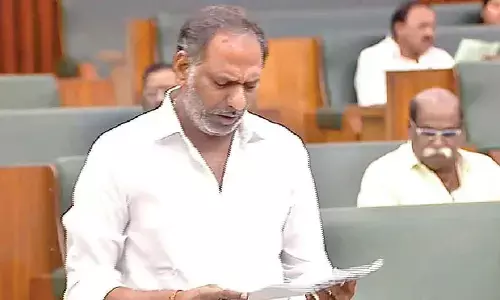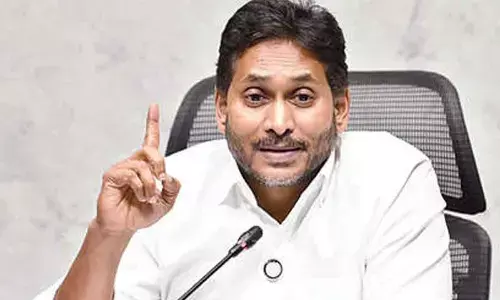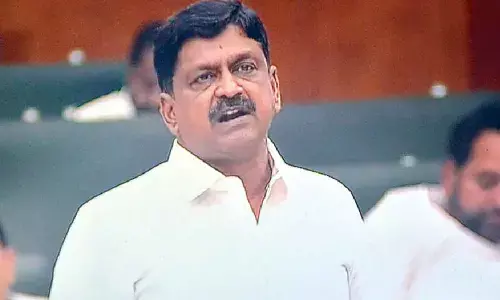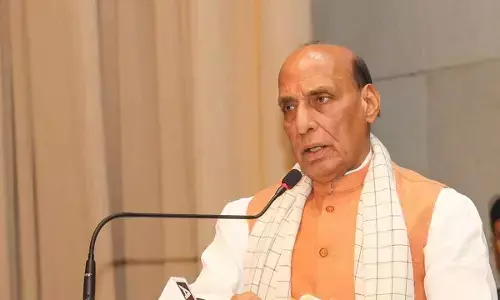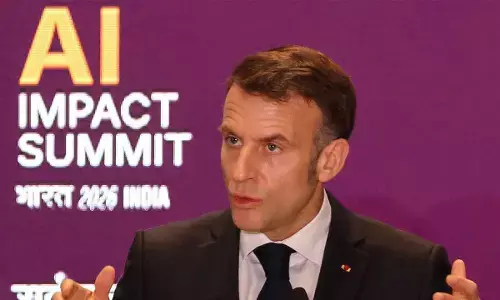COP29 off to a good start, agrees on carbon market

Crucial climate talks that determine the fate of our future generations have gained momentum with consensus on a much-elusive global carbon credits market, which was envisaged in Paris Agreement way back in 2015.
Crucial climate talks that determine the fate of our future generations have gained momentum with consensus on a much-elusive global carbon credits market, which was envisaged in Paris Agreement way back in 2015. This is being hailed as a defining moment for multilateral climate action. There is much to be achieved and complex issues including quantum of climate fund are being deliberated at the United Nations Climate Change Conference or Conference of the Parties of the UNFCCC, more commonly known as COP29, at Baku, Azerbaijan, on November 11. The summit will continue till November 22.
On the very first day 1, the participants gave a green light to a UN-backed global carbon credits market to fund projects that would reduce greenhouse gas emissions. Projects that reduce CO2 emissions or remove it from the atmosphere, such as cultivation of mangroves, or distribution of clean stoves, are given certain credits as per the standards set by the COP29. Countries or companies which need to continue their fossil fuel-driven economies or businesses purchase such carbon credits to offset their own CO2 emissions. Currently, a carbon credits trading is being carried on voluntarily. If COP29 come up with standards as per the Article 6 of the Paris Agreement to facilitate a robust market with the participation of the private sector, the emissions trading market could touch $250 billion a year by 2030, say experts in field. At such a size, the market will facilitate reduction of 5 billion metric tonnes of carbon output annually.
After a long time, observers see an unprecedented enthusiasm and determination among member-countries that unless all of them slash emissions deeply, every country and every household will be hammered harder than ever before and climate crisis will turn into a cost-of-living crisis. Extreme weather events are impacting food production across the globe.
With 2024 set to be hottest year, and climate events at alarming level, a strong global commitment to heal the planet has never been more urgent as now. Sadly, the most striking disappointment palpable at the summit is the absence of key global leaders, including India, who should have been there to speak up and step up the anti-climate change fight.
At COP 29, parties i.e., nations will submit their national climate action plans. Climate investment must flow to where it’s needed most. Poor nations need significant support to address the crisis. The funding requirements, say experts, may require up to $1 trillion annually. But the current funding at $100 billion a year is barely sufficient and has also not been fully extended by the rich countries.
The G77 bloc of developing nations, along with China – i.e., roughly 80% of the global population – is demanding that the New Collective Quantified Goal (NCQG) for climate finance be set at least $1.3 trillion annually to aid mitigation, adaptation, and address loss and damage caused by climate change. It remains to be seen if the rich nations agree to a fund of such size. They are insisting that the ‘donor base’ be expanded, to include rich countries like Saudi Arabia, Qatar or Singapore, or even China. There is also a danger that the US under Donald Trump, a climate change denier, may altogether pull out not just from Paris Agreement but from the UN Framework Convention itself, under which global climate negotiations are held annually.
As such, what the Baku climate summit would achieve in the days to come is keenly drawing international attention which will also be riveted on the global climate action for next year, as well as individual national climate action plans. Funding is the key and it must flow to where it’s needed most.




